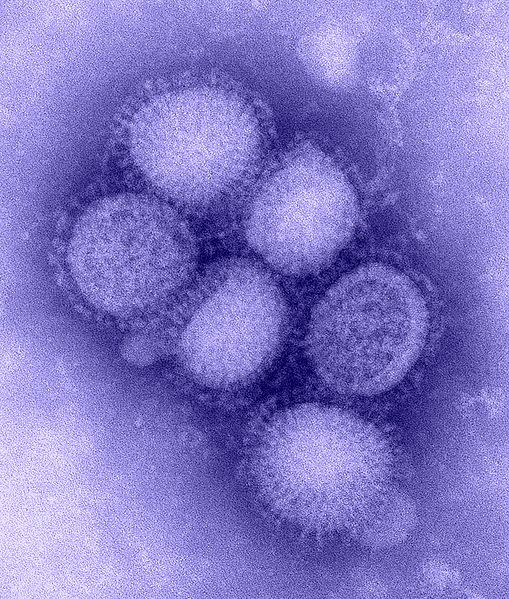Experimenting With Disaster, Part 2
By Mara Hvistendahl,
The Intercept
| 11. 01. 2022
Unfrozen Flu: Accident With 1918 Pandemic Virus Raises Questions About Pathogen Research
Part 1; Part 3
AT THE MOMENT that the ferret bit him, the researcher was smack in the middle of Manhattan, in a lab one block from Central Park’s East Meadow. It was the Friday afternoon before Labor Day in 2011, and people were rushing out of the city for a long weekend. Three days earlier, the ferret had been inoculated with a recombinant strain of 1918 influenza, which killed between 20 and 50 million people when it swept through the world at the end of World War I. To prevent it from sparking another pandemic, 1918 influenza is studied under biosafety level 3 conditions, the second-tightest of biosafety controls available. The researcher at Mount Sinai School of Medicine (now Icahn School of Medicine at Mount Sinai) was wearing protective equipment, including two pairs of gloves. But the ferret bit hard enough to pierce through both pairs, breaking the skin of his left thumb.
The flu is typically transmitted through respiratory droplets, and an animal bite is unlikely to infect a scientist. But with a virus as devastating as 1918...
Related Articles
By Jonathan Matthews, GMWatch | 12.11.2025
In our first article in this series, we investigated the dark PR tactics that have accompanied Colossal Bioscience’s de-extinction disinformation campaign, in which transgenic cloned grey wolves have been showcased to the world as resurrected dire wolves – a...
By Jessica Hamzelou, MIT Technology Review | 11.07.2025
This week, we heard that Tom Brady had his dog cloned. The former quarterback revealed that his Junie is actually a clone of Lua, a pit bull mix that died in 2023.
Brady’s announcement follows those of celebrities like Paris...
By Lauran Neergaard, AP News | 11.03.2025
WASHINGTON (AP) — The first clinical trial is getting underway to see if transplanting pig kidneys into people might really save lives.
United Therapeutics, a producer of gene-edited pig kidneys, announced Monday that the study’s initial transplant was performed successfully...
By Meagan Parrish, PharmaVoice | 10.10.2025
When CEO Ben Lamm steps into the spotlight, it’s usually to talk about his efforts bringing extinct animals back to life. Once a far-flung idea, Lamm and the company he heads, Colossal Biosciences, have proven they can pull it off...




